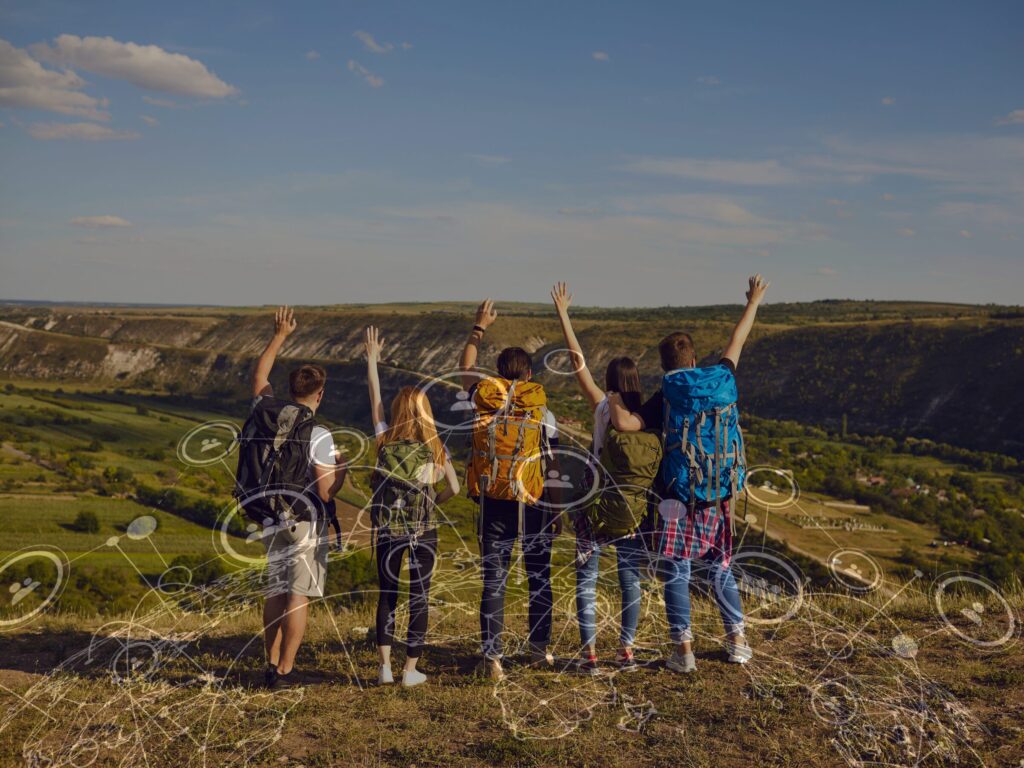Eco-tourism has been a popular theme in the tour and activity space for some time now, driven largely by millennials and younger generations as they increase their understanding of the environment and ecology (and expendable income).
Operators are now refining their offerings to line up with their target audience’s eco-friendly purchasing habits, ensuring they continue to attract guests who are conscious of their environmental footprint and that prioritize experiences that align with their values.
In fact, a study by Mandala Research found that 75% of millennials are willing to pay extra for sustainable travel experiences and, according to a survey by Booking.com, 87% of global travellers expressed a desire to travel sustainably in 2021.
Travellers are also highly savvy to greenwashing, and quick to name and shame those who try to greenwash away their errors. Businesses that masquerade as eco-friendly have been finding out the hard way how risky that is!
If you’re wondering how you can keep an eco-friendly badge on your business, here are some tips for retrofitting sustainable practices into a genuine part of your business offering.
1) Collaborate with conservation organisations
- Partner with local or national conservation organizations to develop eco-tours that support their initiatives.
- Organize volunteering programmes that encourage your staff and guests to participate in conservation activities like beach cleanups or tree planting.
- Organize fundraising events
- Consider sharing your marketing data captured in your digital waivers to aid their research. You would need to include an opt-in!
2) Reduce waste and minimize environmental impact
Guests notice when plastic and paper are being used wastefully – likewise, they’ll notice when you’ve taken extra effort to reduce waste. Whether by replacing single-use items with sustainable alternatives, or promoting environmentally-friendly options, you can send your customers a clear message about your eco-priorities without saying a word.
Possible strategies include:
- A proper waste management system with recycling and composting for guests.
- The reduction of single use items. You could turn this into a merchandising opportunity and sell reusable water bottles and give 10% of profits to a local charity.
- A partnership with a recycling facility to make sure the waste is being recycled properly.
- Paperless digital waivers.
3) Promote community involvement
Community-based tourism has become a major draw for younger travelers over the last decade. It can promote a sense of pride, strengthening the relationship between the tourism industry and the community.
Possible strategies include:
- Use or sell products made by your community to support local businesses. Products made locally also have a lower carbon footprint due to lower fuel costs during transport.
- Offer discounts for your locals (especially in your shoulder season). Have a digitized system where you can easily identify and remarket to your local community.
4) Energy efficiency
To truly avoid greenwashing, you need to make sacrifices and implement systems that conserve energy at all levels of your business. Additionally, empowering your staff to think of ways to make your business more environmentally friendly is a great way to ensure you don’t have any blind spots.
Possible strategies include:
- Invest in energy efficient lighting systems and bulbs.
- Implement water saving measures such as low-flow faucets and toilets.
- Minimize your carbon footprint by getting 100% of your waivers completed in advance on your customers devices.
You can start on your path to becoming a greener business by digitizing your paper waivers with Wherewolf – request a demo with our friendly team and find out more!




















